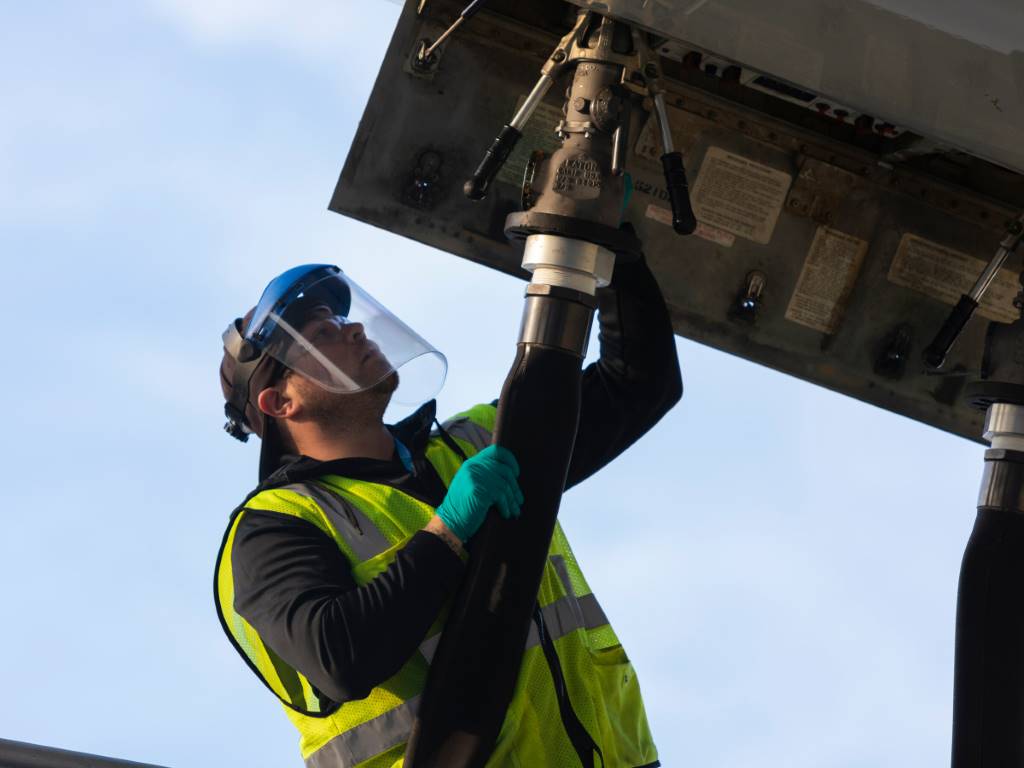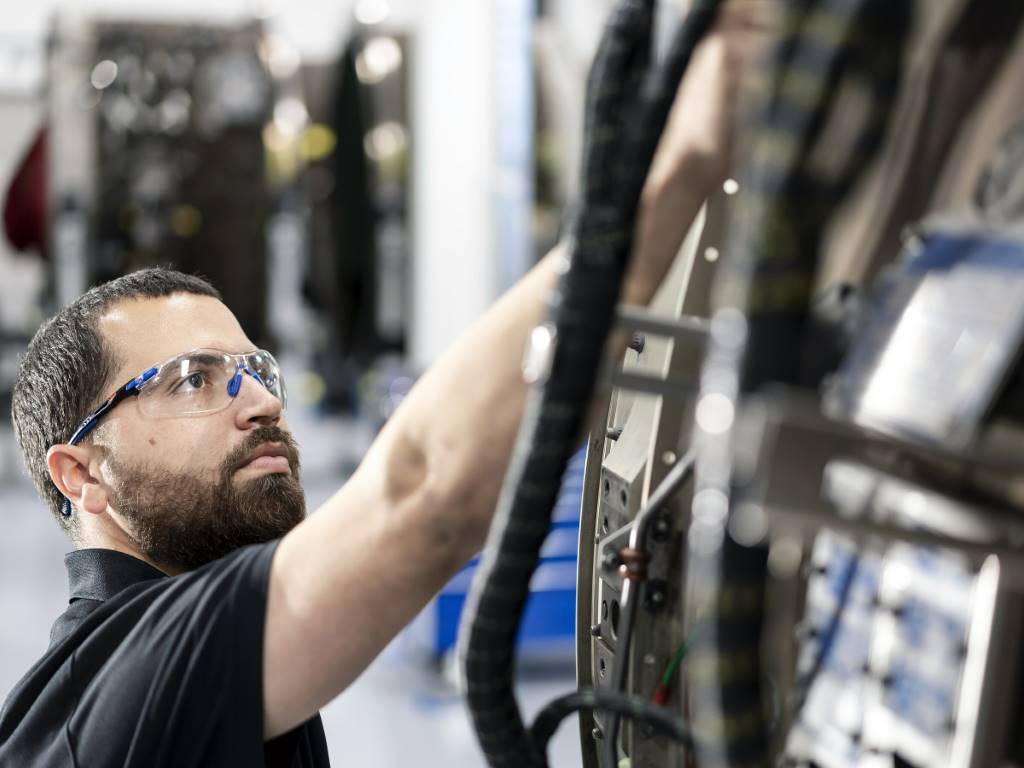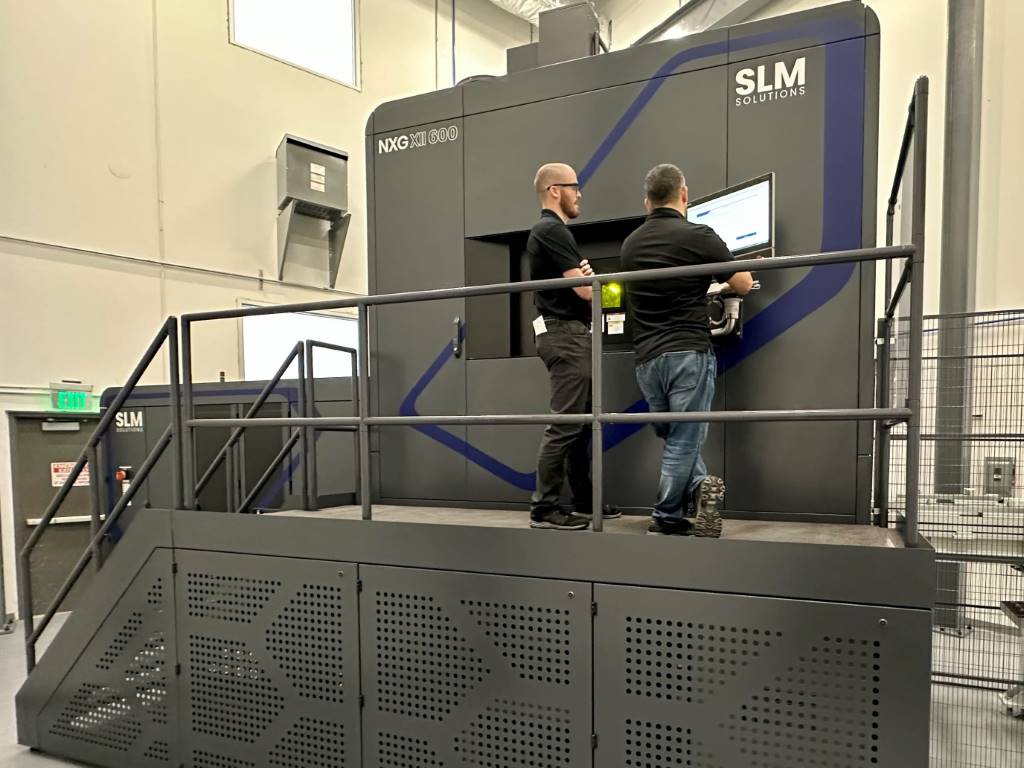Are you sitting comfortably?
Collaboration between CAD/CAM and tooling ensured a leading aerospace company could manufacture a lightweight seat shell for a major civil airline, helping it reduce aircraft running costs.
Devon-based CAD/CAM services specialist, DeltaCAD worked with subcontract tooling manufacturer Casting Support Systems on a project to provide an aerospace manufacturer with aluminium tooling for the carbon composite seat shell. Reducing the weight of aircraft seating significantly reduces aviation fuel consumption and CO2 emissions throughout the operational lifetime of the aircraft, as every kilogram of weight contributes to its running costs. DeltaCAD was founded in 2010 by Dean Challis, a design engineer with considerable CAD/CAM and tool design experience. The company provides a comprehensive range of design and manufacturing services from 2D drawings to 3D modelling and CAM programming.
For this project, the customer provided the original CAD model as a Unigraphics NX file, with the part analysis and tool design carried out using VISI Modelling from Vero Software. “VISI is very tolerant of non-native data,” explains Challis. “Often when models are originally designed, the manufacturing requirements are not always known. To make a part manufacturable, it's vital to interact with the data and make the relevant changes. For these particular components – with authority from the original design team – the tooling was modified to remove undercut areas and apply blend radii on sharp edges. “Typically, blending can be a very complex task and it's often necessary to explode a model into surfaces and manually apply the CAD modifications. VISI is very strong at switching between a solid and surface environment, allowing us to make complex changes where other CAD systems often fall over.” The tooling manufacture was performed by Casting Support Systems. All toolpaths were programmed using VISI Machining and the aluminium tooling was milled using XYZ 1060 high speed vertical machining centres running Siemens 840D ShopMill Control, with WNT solid carbide end mills which have been specifically designed for cutting softer materials such as aluminium. The geometry of the tooling makes it possible to cut full slots to 1.5 x D depth with high feed rates, typically twice that of traditional steel cutting tools. The tooling life for the cutters is approximately 3,000 hours. The entire multi-surface tool was manufactured and assembled in only nine days – partly due to optimal toolpath usage and running multiple jobs at the same time. Sam Cox, toolroom foreman at Casting Support Systems, explains: “Complex tools often contain a number of sub-inserts where the setup time is disproportionate to the actual CAM runtime. To overcome this obstacle, we set up a number of individual jobs located around a single datum which ran overnight for lights-out machining. Although the machine can run at optimum production rates, we back off when running overnight to protect tool life. We use VISI to accurately predict the actual toolpath cutting time and program accordingly. A typical set of overnight programs will run for up to 14 hours.” The carbon fibre material used was a 2 x 2 twill weave cloth pre-impregnated with epoxy resin, so that when the tool was brought up to temperature (120-140 degrees depending on resin used) the resin cured within approximately one hour. The tool was then cooled as quickly as possible and the top half removed, exposing the carbon fibre moulding. The properties of carbon fibre, such as high tensile strength, low weight, and low thermal expansion, make it very popular in aerospace, civil engineering, military, and competition sports. The complete assembled, multi-insert tooling was sent to the customer for lay-up and production where the final carbon fibre component (measuring 700mm x 680mm x 460mm) weighed only 5.25lbs was ‘right first time having virtually no visible split line definition.' Although Casting Support Systems already have in-house CAD/CAM capabilities, director James Head acknowledged the benefits of using external design expertise from DeltaCAD and maximising the use of VISI Machining for the seat project. “The combination of Dean Challis and VISI catered for many additional requirements and exceeded our expectations. Vero provided a powerful, cost effective solution for the design and manufacture of complex tooling.” www.verosoftware.com www.deltacad.co.uk www.cssltd.info











